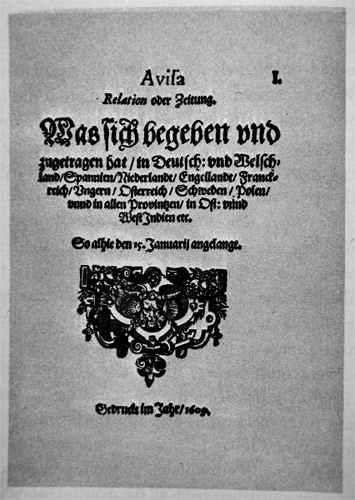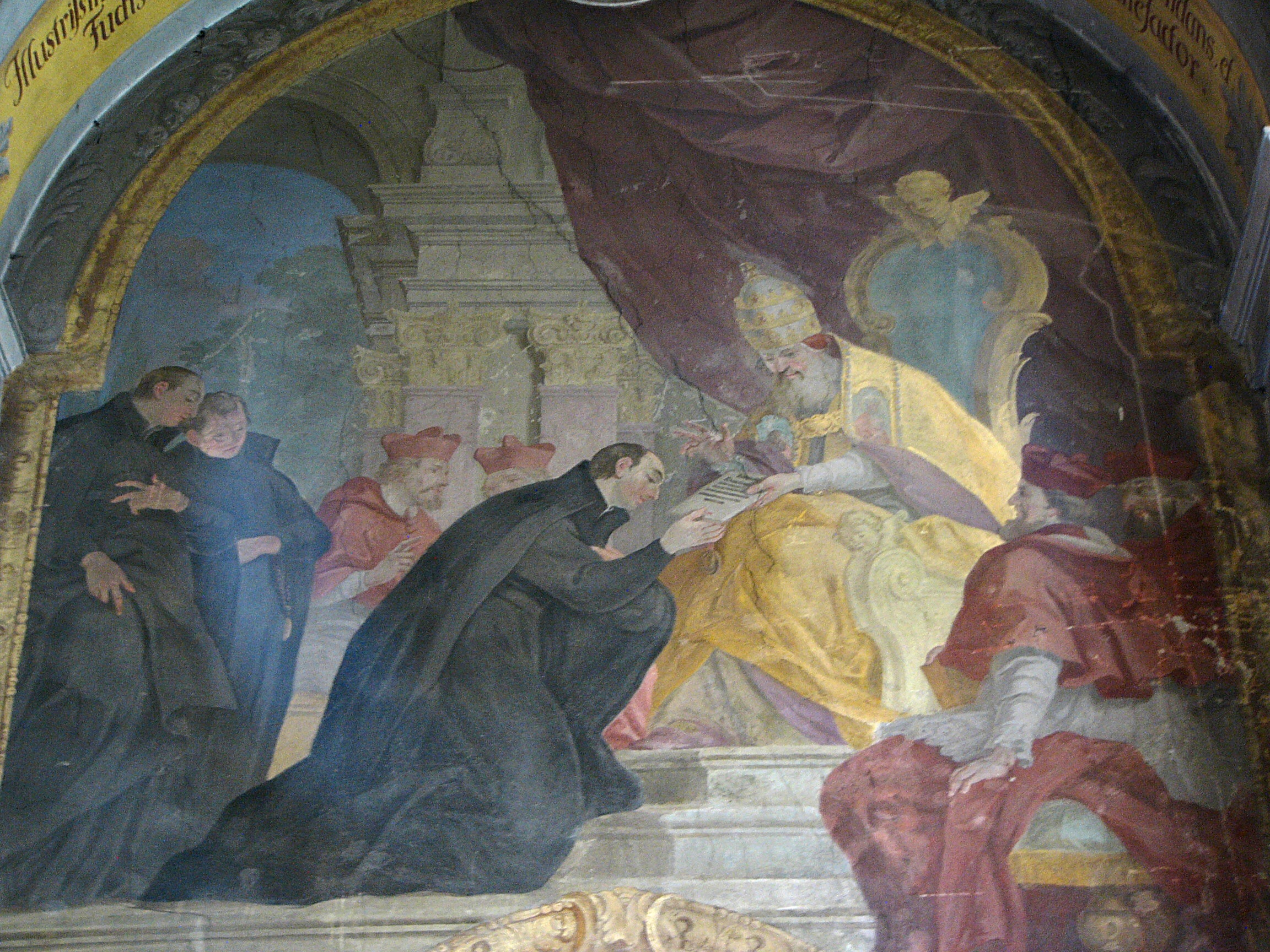|
Petrus Possinus ''.
Pierre Poussines () (1609–1686) was a French Jesuit and scholar. His works include the publication of Francis Xavier's ''Letters'', in seven books, from 1667. He made editions of some classical authors, including Anna Comnena, and also a translation, ''Specimen Sapientiae Indorum Veterum'' (1666), of the ''Panchatantra The ''Panchatantra'' ( IAST: Pañcatantra, ISO: Pañcatantra, , "Five Treatises") is an ancient Indian collection of interrelated animal fables in Sanskrit verse and prose, arranged within a frame story. References 1609 births 1686 deaths Jesuit historiography[...More Info...] [...Related Items...] OR: [Wikipedia] [Google] [Baidu] |
Jesuit
The Society of Jesus (; abbreviation: S.J. or SJ), also known as the Jesuit Order or the Jesuits ( ; ), is a religious order (Catholic), religious order of clerics regular of pontifical right for men in the Catholic Church headquartered in Rome. It was founded in 1540 by Ignatius of Loyola and six companions, with the approval of Pope Paul III. The Society of Jesus is the largest religious order in the Catholic Church and has played significant role in education, charity, humanitarian acts and global policies. The Society of Jesus is engaged in evangelization and apostolic ministry in 112 countries. Jesuits work in education, research, and cultural pursuits. They also conduct retreats, minister in hospitals and parishes, sponsor direct social and humanitarian works, and promote Ecumenism, ecumenical dialogue. The Society of Jesus is consecrated under the patron saint, patronage of Madonna della Strada, a title of the Blessed Virgin Mary, and it is led by a Superior General of ... [...More Info...] [...Related Items...] OR: [Wikipedia] [Google] [Baidu] |
Francis Xavier
Francis Xavier, Jesuits, SJ (born Francisco de Jasso y Azpilicueta; ; ; ; ; ; 7 April 15063 December 1552), venerated as Saint Francis Xavier, was a Kingdom of Navarre, Navarrese cleric and missionary. He co-founded the Society of Jesus and, as a representative of the Portuguese Empire, led the first Christian mission to Japan. Born in the town of Xavier, Spain, Xavier, Kingdom of Navarre, he was a companion of Ignatius of Loyola and one of the first seven Jesuits who took vows of poverty and chastity at Montmartre, Paris in 1534. He led an extensive mission into Asia, mainly the Portuguese Empire in the East, and was influential in evangelization work, most notably in early modern India. He was extensively involved in the missionary activity in Portuguese India. In 1546, Francis Xavier proposed the establishment of the Goan Inquisition in a letter addressed to King John III of Portugal. While some sources claim that he actually asked for a special minister whose sole of ... [...More Info...] [...Related Items...] OR: [Wikipedia] [Google] [Baidu] |
Anna Comnena
Anna Komnene (; 1 December 1083 – 1153), commonly Latinized as Anna Comnena, was a Byzantine Greek historian. She is the author of the '' Alexiad'', an account of the reign of her father, Byzantine emperor Alexios I Komnenos. Her work constitutes the most important primary source of Byzantine history of the late 11th and early 12th centuries, as well as of the early Crusades. Although she is best known as the author of the ''Alexiad'', Anna played an important part in the politics of the time and attempted to depose her brother John II Komnenos as emperor in favour of her husband, Nikephoros Bryennios the Younger.Hanawalt 1982, p. 303. At birth, Anna was betrothed to Constantine Doukas,Hanawalt 1982, p. 303. and she grew up in his mother's household.Neville 2016, p. 2. She was well-educated in "Greek literature and history, philosophy, theology, mathematics, and medicine." Anna and Constantine were next in the line to throne until Anna's younger brother, John II Komnenos, be ... [...More Info...] [...Related Items...] OR: [Wikipedia] [Google] [Baidu] |
Panchatantra
The ''Panchatantra'' ( IAST: Pañcatantra, ISO: Pañcatantra, , "Five Treatises") is an ancient Indian collection of interrelated animal fables in Sanskrit verse and prose, arranged within a frame story.Panchatantra: Indian Literature , Encyclopaedia Britannica The surviving work is dated to about 300 CE, but the fables are likely much more ancient. The text's author is unknown, but it has been attributed to Vishnu Sharma in some recensions and Vasubhaga in others, both of which may be fictitious pen ... [...More Info...] [...Related Items...] OR: [Wikipedia] [Google] [Baidu] |
1609 Births
Events January–March * January 12 – The Basque witch trials are started in Spain as the court of the Inquisition at Logroño receives a letter from the commissioner of the village of Zugarramurdi, and orders the arrest of four women, including María de Jureteguía and María Chipía de Barrenetxea. * January 15 – One of the world's first newspapers, ''Avisa Relation oder Zeitung'', begins publication in Wolfenbüttel (Holy Roman Empire). * January 31 – The Bank of Amsterdam is established. * February 4 – The last day of Keichō 慶長 13 (according to the Japanese lunar calendar). * March 11 – The Swedish Army, under the command of General Jacob De la Gardie, begins marching east from Vyborg (at this time, part of the Swedish Empire, modern-day Russia) in order to defend the Russian Empire against the Polish-Lithuanian Commonwealth in the course of the Polish–Muscovite War. * March 19 – The Dutch warship ''Mauritius'' ... [...More Info...] [...Related Items...] OR: [Wikipedia] [Google] [Baidu] |
1686 Deaths
Events January–March * January 3 – In Madras (now Chennai) in India, local residents employed by the East India Company threaten to boycott their jobs after corporate administrator William Gyfford imposes a house tax on residences within the city walls. Gyfford places security forces at all entrances to the city and threatens to banish anyone who fails to pay their taxes, as well as to confiscate the goods of merchants who refuse to make sales. A compromise is reached the next day on the amount of the taxes. * January 17 – King Louis XIV of France reports the success of the Edict of Fontainebleau, issued on October 22 against the Protestant Huguenots, and reports that after less than three months, the vast majority of the Huguenot population had left the country. * January 29 – In Guatemala, Spanish Army Captain Melchor Rodríguez Mazariegos leads a campaign to conquer the indigenous Maya people in the rain forests of Lacandona, departing from ... [...More Info...] [...Related Items...] OR: [Wikipedia] [Google] [Baidu] |
Jesuit Historiography
The Society of Jesus (; abbreviation: S.J. or SJ), also known as the Jesuit Order or the Jesuits ( ; ), is a religious order of clerics regular of pontifical right for men in the Catholic Church headquartered in Rome. It was founded in 1540 by Ignatius of Loyola and six companions, with the approval of Pope Paul III. The Society of Jesus is the largest religious order in the Catholic Church and has played significant role in education, charity, humanitarian acts and global policies. The Society of Jesus is engaged in evangelization and apostolic ministry in 112 countries. Jesuits work in education, research, and cultural pursuits. They also conduct retreats, minister in hospitals and parishes, sponsor direct social and humanitarian works, and promote ecumenical dialogue. The Society of Jesus is consecrated under the patronage of Madonna della Strada, a title of the Blessed Virgin Mary, and it is led by a superior general. The headquarters of the society, its general curia, i ... [...More Info...] [...Related Items...] OR: [Wikipedia] [Google] [Baidu] |
17th-century French Jesuits
The 17th century lasted from January 1, 1601 (represented by the Roman numerals MDCI), to December 31, 1700 (MDCC). It falls into the early modern period of Europe and in that continent (whose impact on the world was increasing) was characterized by the Baroque cultural movement, the latter part of the Spanish Golden Age, the Dutch Golden Age, the French ''Grand Siècle'' dominated by Louis XIV, the Scientific Revolution, the world's first public company and megacorporation known as the Dutch East India Company, and according to some historians, the General Crisis. From the mid-17th century, European politics were increasingly dominated by the Kingdom of France of Louis XIV, where royal power was solidified domestically in the civil war of the Fronde. The semi-feudal territorial French nobility was weakened and subjugated to the power of an absolute monarchy through the reinvention of the Palace of Versailles from a hunting lodge to a gilded prison, in which a greatly expanded ro ... [...More Info...] [...Related Items...] OR: [Wikipedia] [Google] [Baidu] |







